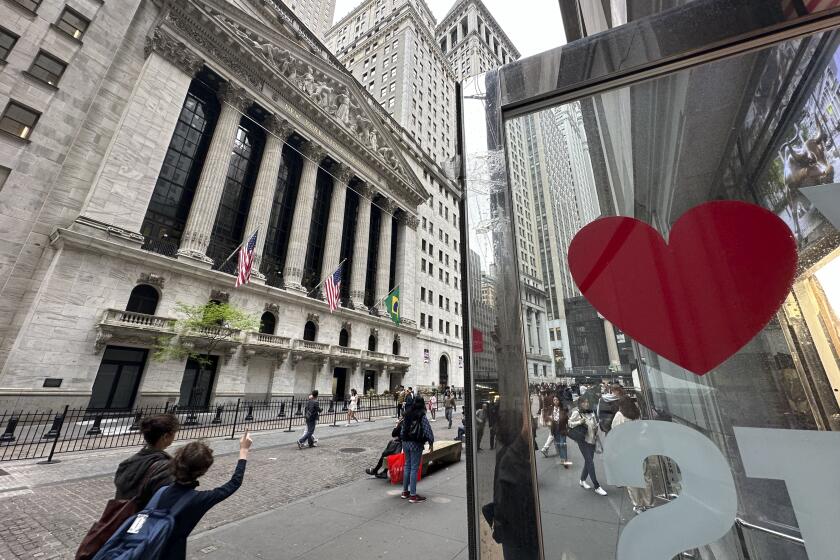THE DREXEL AGREEMENT TO SETTLE : Reaction : Views on Meaning of Drexel Deal Vary Widely
Some reactions to Drexel Burnham Lambert’s decision to plead guilty to six felony counts of securities law violations and to pay a record $650-million fine:
Martin Mayer, author of “Markets” and other books on finance:
“The most interesting aspect of this is what happens to (“junk bond” king Michael) Milken. I should imagine this means they’ve sold Milken down the river.
“On the Street generally, God knows what the reaction will be. This is the other shoe dropping. . . . There’s unquestionably been overreaching (by Drexel), and there will be a lot of dry eyes around. I don’t think an injustice is being done here.
“It will cost them some clients and it will cost them some higher interest rates. This is a heaven-sent opportunity for the banks to charge Drexel higher interest. This will cost Drexel a couple hundred million dollars a year in interest costs.
“It will give (Rep. John) Dingell and (Rep. Ed) Markey a little more juice. But I think the junk bond market will survive as long as the tax code permits it.”
Perrin Long, brokerage analyst at Lipper Analytical Services:
“That much money would buy a lot of olives for martinis for people in Washington, but Drexel can handle a $650-million fine without any trouble. I think that for political gain, it will make some congressmen a lot more interested in holding in-depth hearings on this matter.”
Fred L. Hartley, chairman of Unocal and longtime critic of hostile corporate takeovers:
“I think the wheels are turning. I think we’re gaining on this thing. One step at a time.”
Richard J. Riordan, a prominent Los Angeles lawyer and investor who is a friend of Michael Milken:
“The obvious opinion would be that it will have a major impact. But my reading of Congress is that they’re not that eager to move. And I think everybody has been anticipating this, and I think it will be business as usual for Drexel tomorrow. This is nothing new. What happened today is anticlimactic.”
Stanley Gold, chief executive of Shamrock Holdings in Burbank, a big Drexel client whose link with Drexel has become an issue in Shamrock’s attempt to acquire Polaroid Corp.:
“I don’t believe this should affect the high-yield bond market other than to remove a lot of uncertainty that had been present until today. Markets don’t like uncertainty.
“I don’t expect clients to leave. We intend to continue to do business with them, and our offer for Polaroid we, of course, are proceeding with.”
T. Boone Pickens Jr., chairman of Mesa Petroleum and a Drexel client:
“I don’t think this has anything to do with takeovers, and I don’t think it has much to do with junk bonds. The junk bond market is dispersed now and Drexel doesn’t have the dominance it once did. As far as our doing business with Drexel, this has nothing to do with that, either. We consider them to be good professionals, and we will continue to do business with them.
“To me, it’s the conclusion of a sad period for the firm. I’m glad that it’s over, and I’d say onward and upward for Burnham.”
I. W. (Tubby) Burnham, corporate namesake and honorary Drexel chairman:
“I’m not taking calls.”






